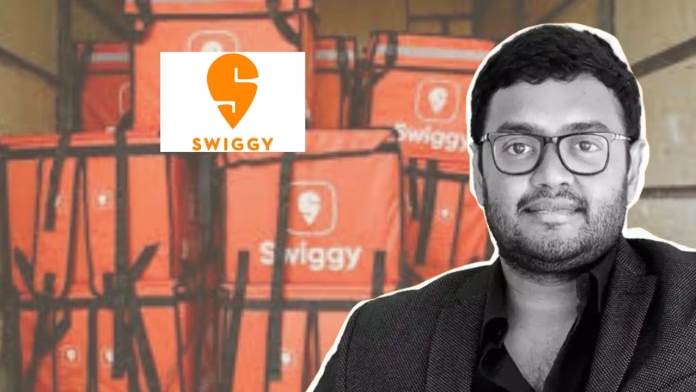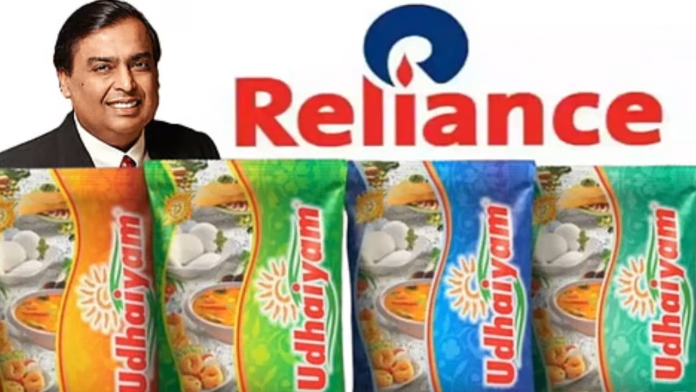Food delivery and services platform Swiggy has raised ₹10,000 crore through a qualified institutional placement, marking one of the largest recent capital infusions in India’s consumer internet sector. The fundraise strengthens Swiggy’s financial position as it sharpens focus on quick commerce, a segment that has become central to the country’s urban consumption story.
The capital raised is expected to be channelled primarily into scaling Swiggy Instamart, the company’s quick commerce arm. Key areas of investment include the expansion of dark store infrastructure, improvements in last-mile delivery capabilities, and upgrades to technology and supply chain systems aimed at handling higher order frequency and faster fulfilment timelines.
Quick commerce has rapidly shifted from an experimental category to a core growth engine within India’s food and grocery delivery ecosystem. Rising demand for instant access to daily essentials, coupled with growing comfort around frequent, small-ticket purchases, has made speed and availability critical differentiators. This has also driven up operating intensity, with companies investing heavily in warehousing density, rider availability, and backend efficiencies.
Swiggy’s latest capital raise provides the company with the financial headroom to absorb near-term costs while pursuing scale in a market where customer expectations continue to rise. The funds are also expected to give Swiggy greater flexibility to respond to competitive pressures as the sector moves towards consolidation.
While Instamart remains a priority, the company is also expected to continue selective investments across its broader platform, ensuring that its food delivery, grocery, and emerging services businesses remain competitive.
The QIP underscores sustained institutional confidence in Swiggy’s long-term strategy, even as the quick commerce segment demands significant capital and operational discipline. As competition intensifies, the company’s ability to translate scale into efficiency will be closely watched by both investors and the wider industry.










